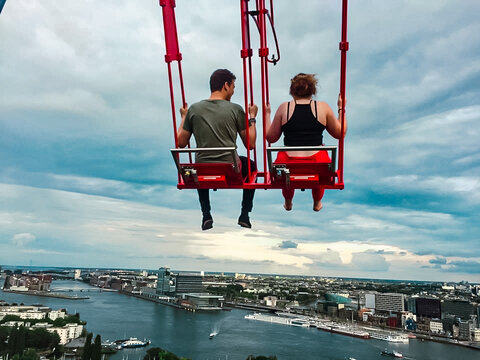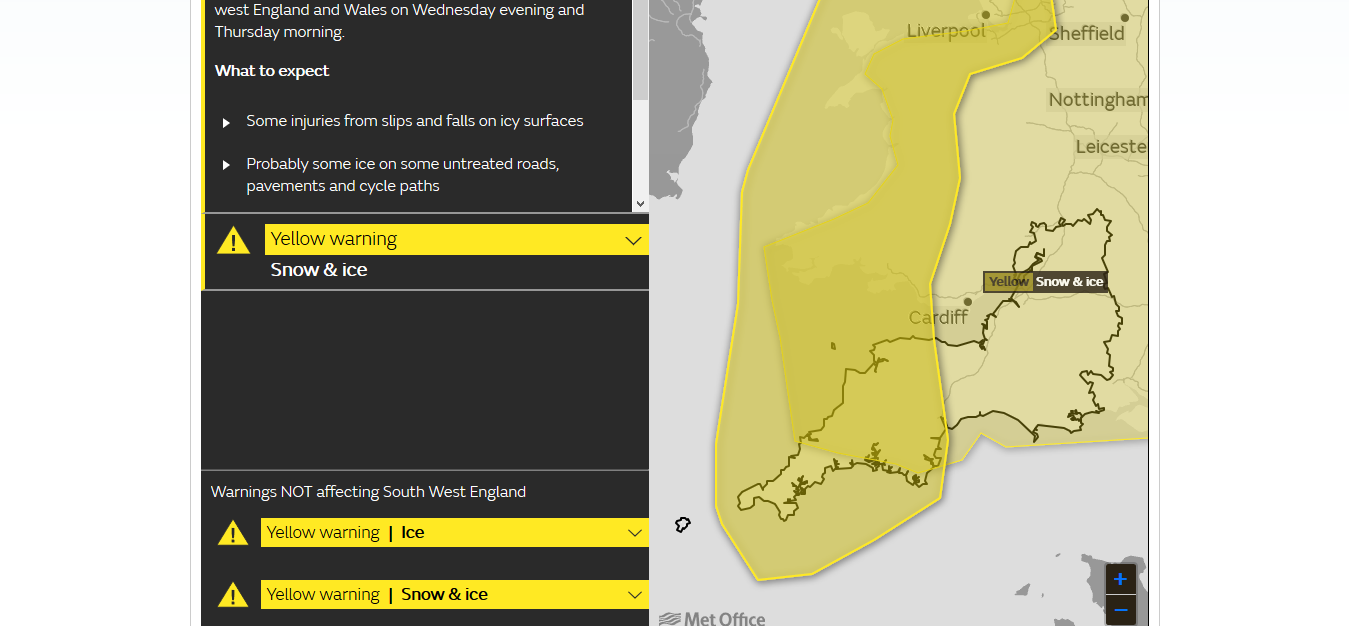With the COVID-19 outbreak, people have experienced unprecedented travel bans and restrictions on their freedom of movement. People who used to travel a lot before the pandemic may feel like an important part of their life dropped out.
Crash of the pre-pandemic travel plans
For Alexandria Mills from Macclesfield, UK, travelling has always been an essential part of life. She has travelled to 17 countries on two continents and had planned to visit Australia and Southeast Asia with her friend in 2020.
The 24-year-old even quit her job for the journey, just a couple of months before most countries started to close their borders. “It was really demoralising,” the trained criminologist said, recalling the moment of getting an automated message from the travel company about the cancellation of their tour. “I remember being at work and trying not to cry.”
What is behind the wanderlust?
A sense of freedom and a different perspective that travel gives to her explained the frequent traveller, Mills. “I miss it a lot,” she added.
Travelling meets several human needs, according to the German psychologist and travel therapist Christina Miro. Getting out of the typical environment and changing the scene can have a stress-reducing effect, Miro says. It enables us to experience positive things, to feel happy and relax. On the other hand, travelling satisfies curiosity and maybe a journey of discovery and self-discovery through experiencing something new.
“When we travel, we have many experiences and challenges, new stimuli with which we are confronted, but also problems that we have to solve. And that’s how we develop further, we adapt to the situation, learn new things, and we develop personally,” said Miro, who is herself a passionate traveller.
International tourism and COVID-19
Global tourism witnessed its worst year in recorded history in 2020 and is among the sectors worst affected by the COVID-19 pandemic travel restrictions imposed in almost all countries around the world, according to the World Tourism Organization (UNWTO).
Compared to the previous year, international tourist arrivals dropped by one billion or almost 74% in 2020, with a loss of US$ 1.3 trillion in total revenues from international tourism. With an 84% decline in international arrivals, Asia and the Pacific have been the most affected regions worldwide. Apart from a brief revival in the summer of 2020, Europe experienced a 70% decrease in international arrivals.
The collapse in tourism activity resulted in a slump in demand for airline services and tourist accommodations. Passenger air transport and revenue plummeted by 90% in April 2020 and still down 75% in August in comparison to 2019, according to the International Air Transport Association (IATA). With just 47% bookings in 2020, an unprecedented level of disruption has been caused to the global hotel industry (UNWTO).
Overall, the prospects of a tourism rebound in 2021, with 50% of respondents, seem to remain cautious, according to the latest UNWTO Panel of Experts survey.
Impact of travel restrictions on mental well-being
When we travel, the body and the psyche recover from everyday stress, Christina Miro explained. Social isolation and the lockdown due to the pandemic increase our fears and feelings of stress. “We feel frustrated, isolated and sometimes lonely,” said Miro.
“If we are locked up in our own four walls at home and extremely restricted in what we can do in general due to the corona situation, we miss positive experiences and lack positive emotions, which we need, especially now,” highlighted the travel therapist.
Even if the freedom of travelling is minimal and cannot be easily replaced or ignored, there are still some alternatives, which might help to better cope with wanderlust in the pandemic, Miro says.
She suggests reminiscing about old journeys and viewing holiday photos. Doing so, we catapult ourselves back into the past and can experience pleasant feelings at the moment that we urgently need now. Planning new trips and contemplating beautiful places from fantasy journeys on YouTube may have a positive impact on our well-being, she said.
There is always a silver lining
Rather than sitting on four walls and doing nothing, Alexandria Mills has done a lot of research and planning for her next trip, which, she is sure, will come. “I don’t think I was prepared to go as what I am now. I’m kind of definitely ready to go,” she revealed. “It gave me a bit of extra time; I didn’t realize I needed until I got there. ”
In the meantime, the British traveller obtained a teaching certificate to teach English for a living while quenching her wanderlust in foreign countries, instead of just travelling as a tourist.
The new TEFL teacher has also dreamt of creating her own blog in the future. The time from lockdown and change in circumstances made her push to begin a travel blog Mills Miles’ and promote travelling. Beginning a travel blog in 2021 might seem ironic? Not at all, the young woman is sure, hoping to inspire others to also get out of their comfort zone and discover the world.







